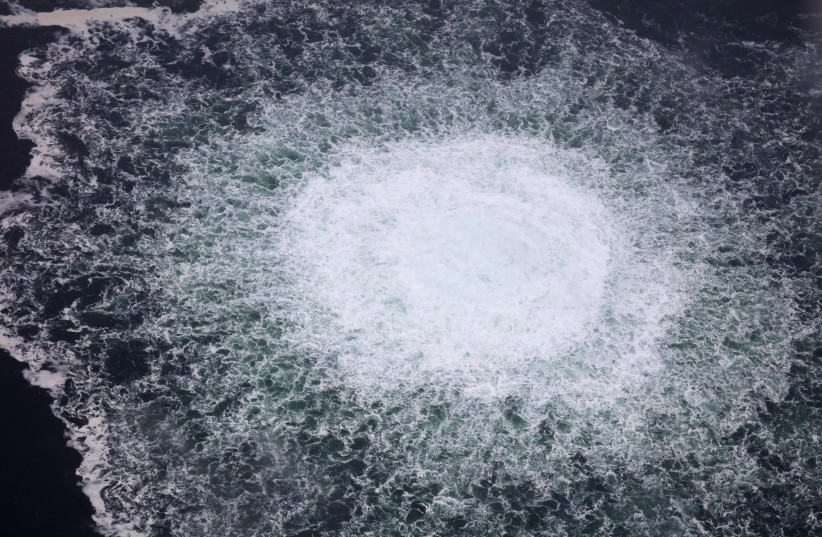Last year an underwater bombing damaged the important Nord Stream gas pipelines. The explosions in September 2022 have led to numerous theories about who was behind the bombing. Initial suspicions were cast on Russia, however, since then there have been other theories put forward.
One of the latest stories comes from Germany where a Der Spiegel report claimed that a 15-meter chartered yacht may have been involved. The report follows its “route around the Baltic from its home marina in Rostock on 6 September to the German island of Rügen and then finally to the Danish island of Christiansø, close to the site of the blasts on 26 September.” However, it remains unclear how a yacht of that size could transport the crew and explosives needed to blow up pipelines underwater.
Reports have been met with suspicion
The latest reports have been met with suspicion. ABC news says that “Germany’s defense minister voiced caution Wednesday over media reports that a pro-Ukraine group was involved in blowing up the Nord Stream gas pipelines in the Baltic Sea last year.
German daily newspaper Die Zeit and public broadcasters ARD and Südwestrundfunk (SWR) reported Tuesday that investigators were able to largely reconstruct how the pipelines from Russia to Germany were sabotaged on the night of Sept. 26, 2022.”

At the same time, Russian state media said that “Moscow insists that an objective international investigation with its participation should be carried out on the Nord Streams sabotage. The one-sided versions being heard now do little to explain anything, Russian Security Council Secretary Nikolay Patrushev said.” Days later, Russian President Vladimir Putin said it would be “complete nonsense” to attribute the blasts to amateurs. “An explosion of this kind, with such power, at such a depth, can only be carried out by specialists, and supported by the entire power of the state, which has certain technologies," Putin said during an interview with a Russian journalist.
These conflicting reports leave many questions. However, the overall question is whether pipelines are now safe during periods of conflict. Many countries invest years in building pipelines, sometimes decades of research and overcoming objects. Then there is planning and billions of dollars to invest. Many of these pipelines take so long to construct that the prospect of having them blown up is a huge problem. For instance, Turkey and Russia built a pipeline under the Black Sea. Israel has been discussing the idea of an Eastern Mediterranean pipeline. In addition, a pipeline that flows from Iraq to Turkey is important for oil trade. A gas pipeline in Sinai was threatened many times by extremists over the last decade.
Careening toward increased conflict
Considering how the world is now careening toward increased conflict in the wake of Russia’s invasion of Ukraine, these types of investments are now increasingly under threat. For instance, Iran attacked Saudi Arabia’s Abqaiq facility and also targeted Aramco and other energy installations over the years. Now Saudi and Iran have reconciled. Turkey has also laid claim to huge swaths of the Mediterranean in a deal with Libya three years ago. All of this means that conflicts could erupt over exclusive economic zones and claims. Israel’s maritime deal with Lebanon last year is an example of how countries are trying to reduce tensions. However, Hezbollah had threatened gas platforms off the coast of Israel with drones in the past.
The Nord Stream controversy is not just about figuring out who did it but also examining how easy it was to sabotage the pipelines. If it was easy then that means in most conflicts in the future the need to defense pipelines and strategic infrastructure has a higher premium. In addition it means that weapons like cheap kamikaze drones are now important and it is also important to add air defenses to sensitive pipelines and other energy sites.
